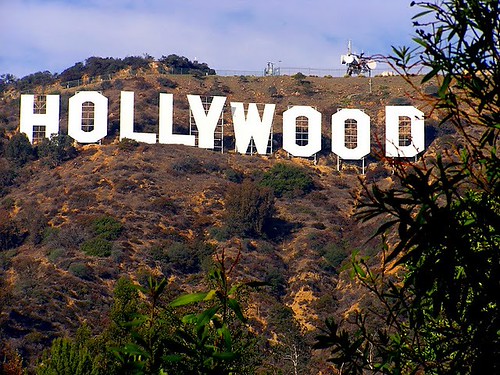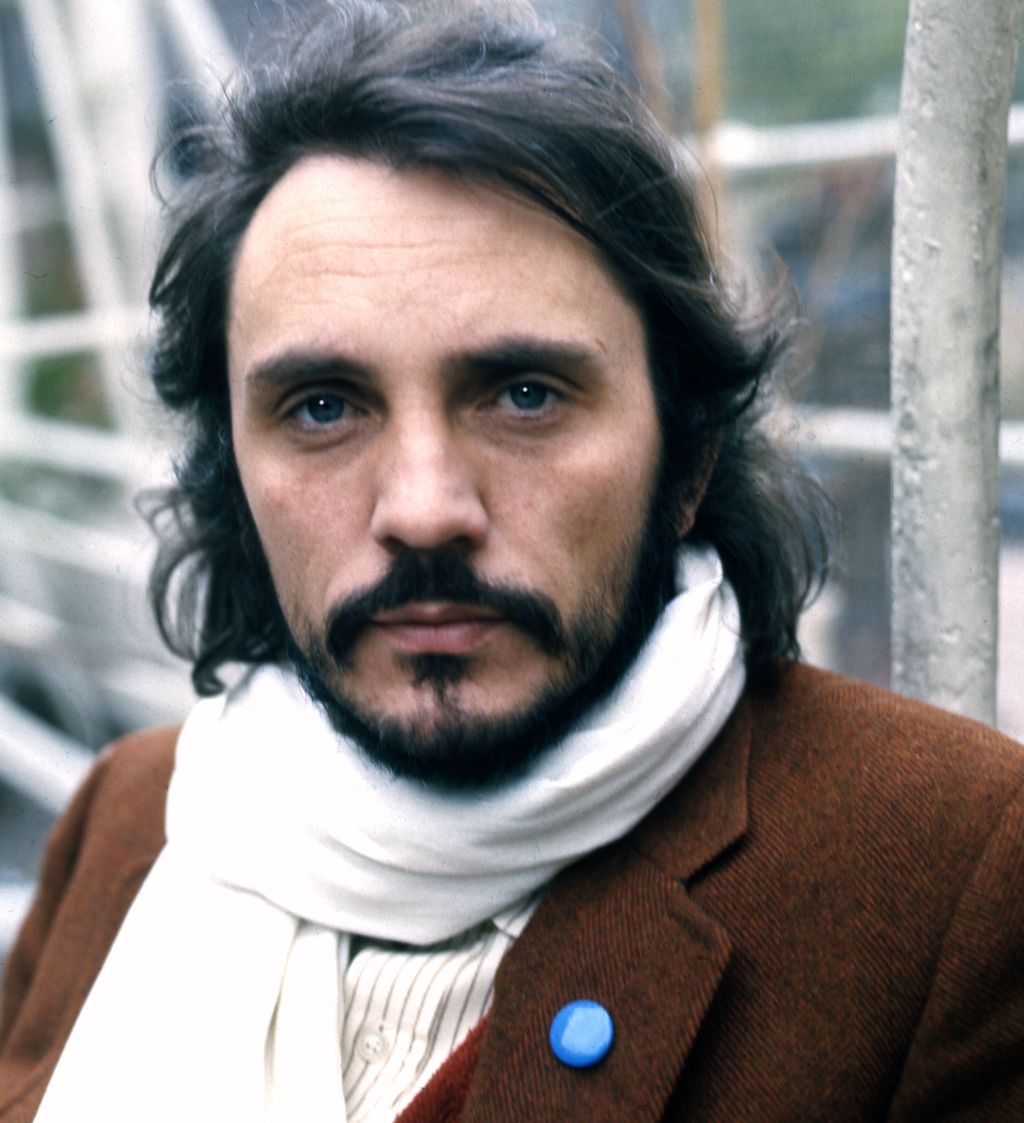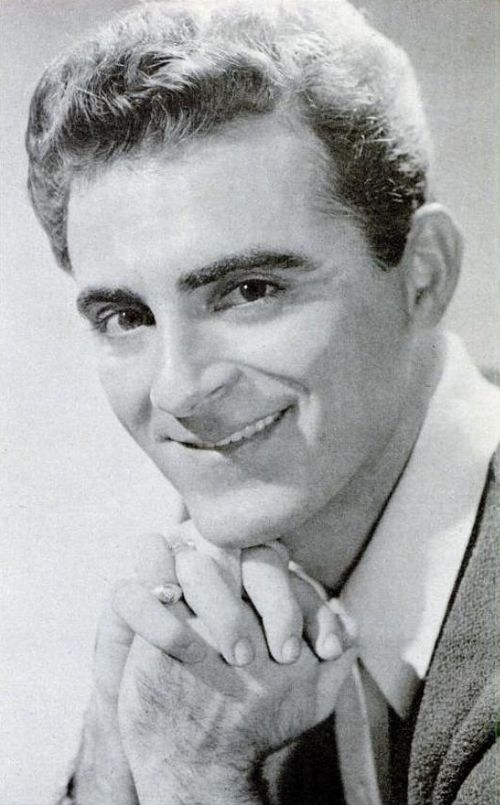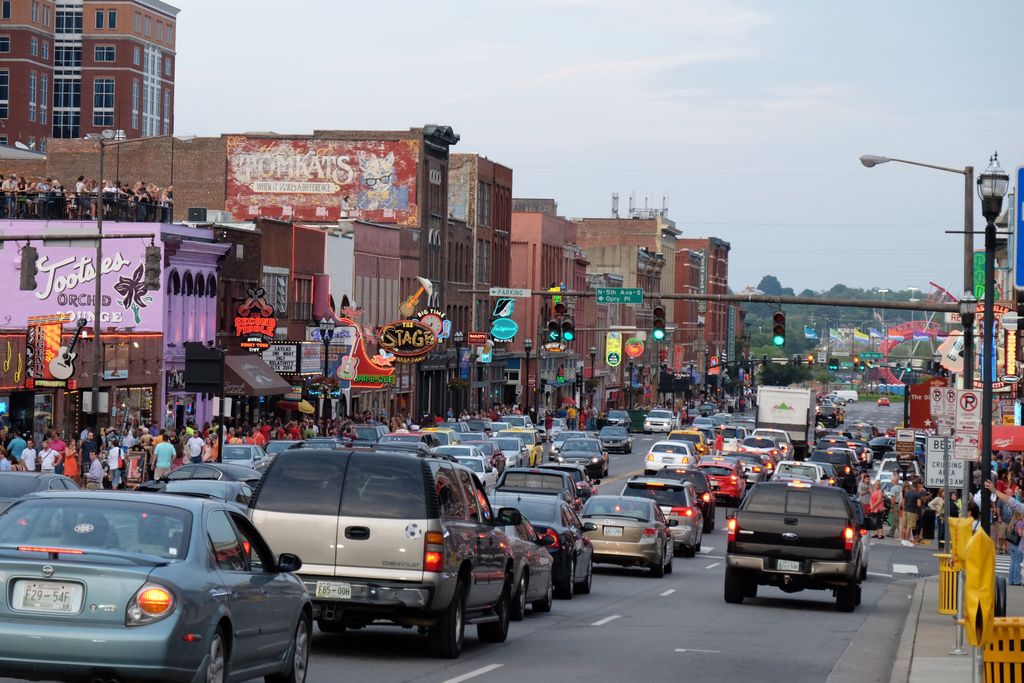
Nashville’s notoriously tangled traffic is a daily headache for its residents, a slow-motion catastrophe that chokes arteries and frustrates commuters. So, when news surfaced that Elon Musk’s tunneling enterprise, The Boring Company, had promised to swoop in and solve this perennial urban challenge, it undoubtedly sparked a flicker of hope, or at least, curiosity. Yet, for those who have closely observed the trajectory of the world’s wealthiest person, such pronouncements often arrive with an accompanying sense of déjà vu, a familiar cadence in a long-running saga of audacious claims and sometimes, equally audacious realities.
Musk, a businessman born in 1971 in Pretoria, South Africa, has built a formidable reputation on the back of pioneering ventures like Tesla and SpaceX. His companies, X (formerly Twitter) and the elusive Department of Government Efficiency (DOGE), also command significant attention. His net worth, estimated at a staggering US$424.7 billion as of May 2025, places him consistently among the wealthiest individuals globally, a testament to his relentless pursuit of world-changing—or at least, market-disrupting—technologies.
The Boring Company, founded in 2017, emerged from Musk’s expressed desire to circumvent above-ground traffic in major cities. His vision revolved around specialized, underground, high-occupancy vehicles capable of reaching speeds up to 150 miles per hour (240 km/h). Initial steps included the construction of a “test trench” on SpaceX’s premises, a pragmatic move that required no permits, showcasing his typical approach of rapid prototyping and bypassing traditional bureaucratic hurdles.
However, the path of The Boring Company has been less smooth than its proposed tunnels. While a less than two-mile tunnel in Los Angeles debuted to journalists in 2018, it was reportedly a “rough ride” at “suboptimal speeds.” More tellingly, ambitious projects announced in 2018 for Chicago and West Los Angeles were subsequently canceled. A tunnel beneath the Las Vegas Convention Center, completed in early 2021, and its approved expansions represent its primary operational success. This mixed track record is precisely why Nashville’s latest hope is met with a healthy dose of skepticism.
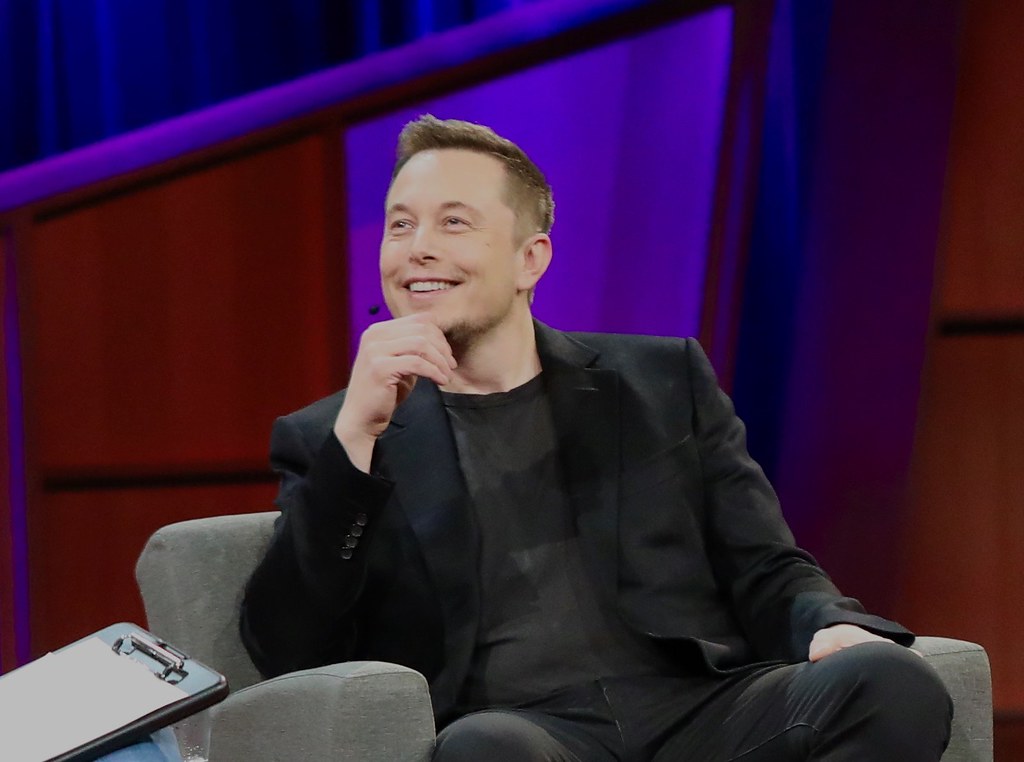
Musk’s entrepreneurial journey began long before these grand infrastructure promises. After emigrating to Canada in 1989 and earning a bachelor’s degree from the University of Pennsylvania in 1997, he dove into the nascent internet boom. In 1995, he co-founded Zip2, a web software company offering an internet city guide for newspapers, which he coded “at night, seven days a week, all the time.” Its sale to Compaq for $307 million in 1999 netted Musk $22 million, laying the financial groundwork for his next ambitious venture.
Following Zip2, Musk co-founded X.com in 1999, an online financial services company that pioneered federally insured online banking. This enterprise later merged with Confinity, forming what would become PayPal, acquired by eBay in 2002 for $1.5 billion. As the largest shareholder, Musk received $175.8 million, solidifying his capital for even grander ambitions. These early successes highlight a pattern: identify a perceived inefficiency or opportunity, then disrupt it with audacious, often technologically intensive, solutions.
The year 2002 marked the founding of SpaceX, arguably Musk’s most awe-inspiring creation. As CEO and chief engineer, he set out to make space travel affordable, starting with a bold vision to send plants to Mars. After several unsuccessful attempts to purchase Russian ICBMs, he committed $100 million of his fortune to build his own rockets. SpaceX’s journey from near bankruptcy after early Falcon 1 failures to securing a $1.6 billion NASA contract and achieving reusable rocket technology is a testament to perseverance against long odds.
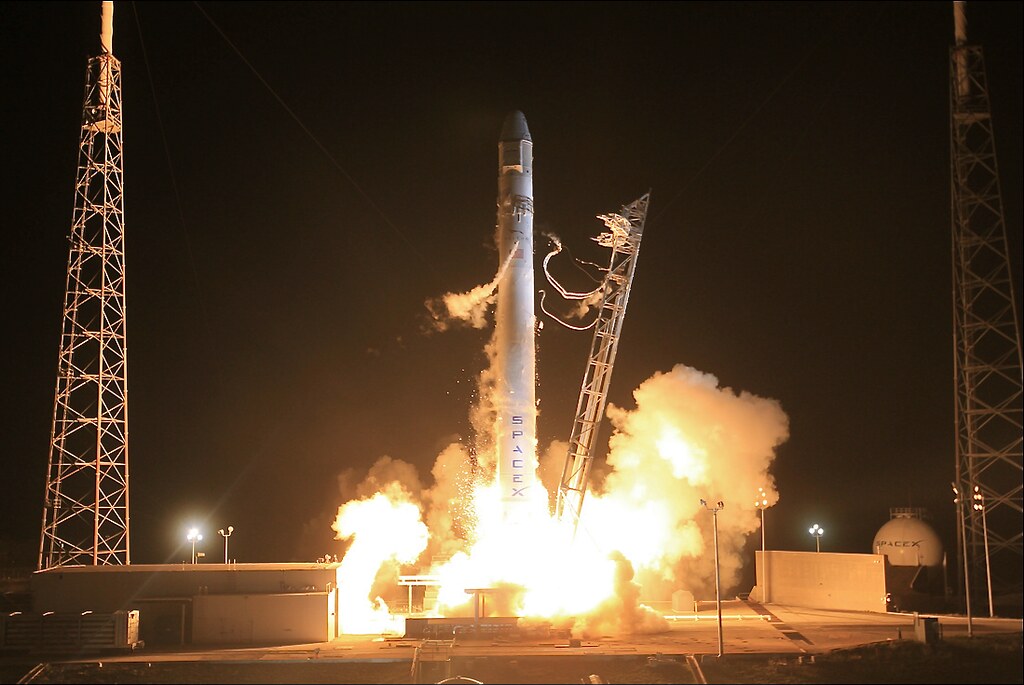
SpaceX has continued to lead innovations, including the Falcon Heavy launch carrying Musk’s personal Tesla Roadster as a dummy payload and the ongoing development of Starship, a reusable, super-heavy-lift launch vehicle. In 2020, SpaceX became the first private company to place astronauts into orbit and dock with the ISS, marking a significant milestone. Most recently, NASA awarded SpaceX an $843 million contract to deorbit the ISS, demonstrating the company’s entrenched role in future space endeavors.
Beyond rockets, SpaceX’s Starlink constellation, initiated in 2015, now comprises over 7,600 operational satellites as of May 2025, representing 65% of all operational Earth satellites. This global internet access project, estimated to cost $10 billion, has profound implications, demonstrated during the Russian invasion of Ukraine when Musk provided free Starlink service, albeit refusing to block Russian state media and denying a request to activate Starlink over Crimea due to fears of a nuclear response. Such decisions underscore the geopolitical power wielded by private enterprises and their founders.
Then there’s Tesla, the electric vehicle giant. Incorporated in 2003, Musk joined as a lead investor and chairman in 2004, eventually becoming CEO and product architect in 2008. Under his leadership, Tesla has launched highly successful models like the Model S, Model 3, Model Y, and the Cybertruck, transforming the automotive industry and becoming the most valuable carmaker globally by summer 2020. However, even Tesla has faced its share of controversies, including a lawsuit settlement with the SEC over Musk’s tweets regarding taking the company private.
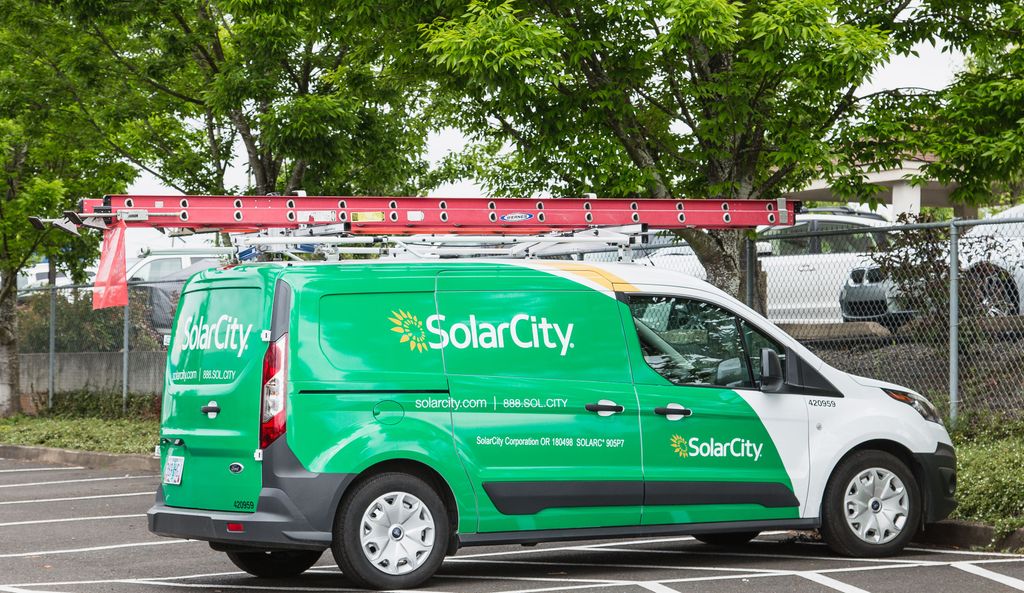
SolarCity, founded by his cousins with Musk’s initial concept and capital, also became part of the Tesla empire in a $2 billion acquisition in 2016, forming Tesla Energy. This deal, announced amid SolarCity’s liquidity issues, led to a more than 10% drop in Tesla’s stock price and a shareholder lawsuit alleging the purchase was solely to benefit Musk. Though Musk ultimately prevailed in court, the incident highlighted the intertwined financial interests and the scrutiny faced by his business decisions.
Further venturing into human-computer integration, Neuralink, co-founded by Musk in 2016, aims to merge the human brain with artificial intelligence through embedded devices, with goals ranging from memory enhancement to treating spinal cord injuries. While clinical trials were approved in September 2023, the company has faced significant criticism and a federal probe over alleged animal welfare violations during its macaque testing, with employees citing pressure from Musk leading to “botched experiments and unnecessary animal deaths.” This raises ethical questions about the speed and methods employed in his pursuit of technological breakthroughs.
The acquisition of Twitter in 2022, rebranded as X in 2023, offered another stark example of Musk’s disruptive, often polarizing, approach. His stated interest in buying Twitter emerged from questioning the platform’s commitment to “freedom of speech.” After a convoluted acquisition process, he immediately fired top executives, assumed the CEO role, and implemented significant changes, including paid “blue checks” and massive staff layoffs. The platform subsequently saw an increase in hate speech and the spread of misinformation, drawing widespread criticism and accusations of trying to silence critics through shadow banning or account suspensions.
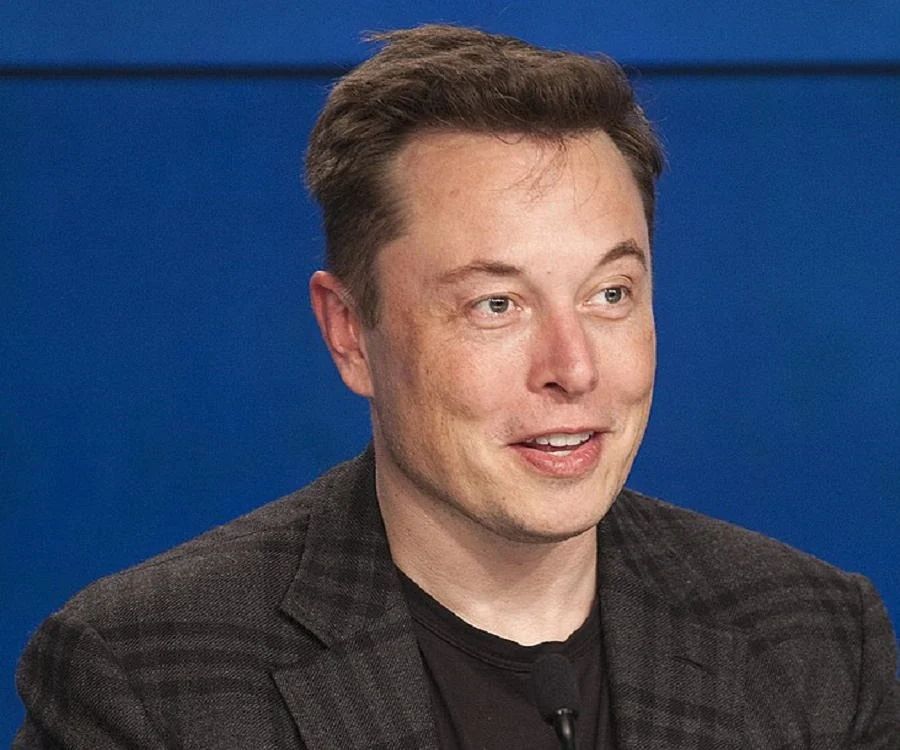
Musk’s political activities have become increasingly prominent and controversial, moving from a registered independent who donated to both parties to a vocal supporter of the Republican Party since 2022. He was the largest individual donor in the 2024 U.S. presidential election, and his views have been increasingly characterized as right-wing. His support for global far-right figures and causes, coupled with the sharing of misinformation and conspiracy theories, has made him a profoundly polarizing figure.
His role as a senior advisor to United States President Donald Trump and de facto head of the “Department of Government Efficiency (DOGE)” in early 2025 further amplified his influence and criticism. While Trump stated he had put Musk “in charge of DOGE,” the director of the White House Office of Administration stated in a sworn statement that Musk “is not an employee… has no actual or formal authority to make government decisions himself.” Regardless of the official title, his influence over federal mass layoffs and the agency’s secrecy drew public backlash, with Bill Gates accusing Musk of “killing the world’s poorest children” through cuts to USAID, a claim that modeling by Boston University estimated resulted in “300,000 deaths” by May 2025.
This brief stint in the Trump administration ended in a public feud, with Musk calling Trump’s “Big Beautiful Bill” a “disgusting abomination” and alleging Trump had ties to Jeffrey Epstein on X, though he later apologized, saying the tweets “went too far.” His public “salute” during Trump’s second inauguration, interpreted by many as a Nazi or fascist Roman salute, particularly in Germany, where such gestures are illegal, only deepened the controversies surrounding his public image and intentions.
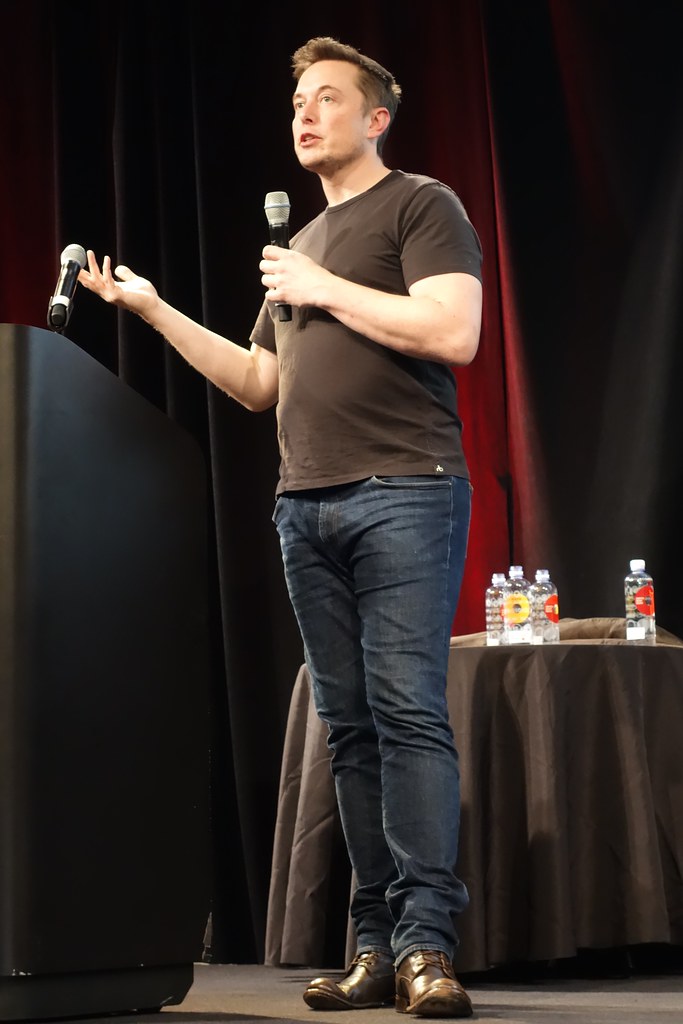
Musk describes himself as a political moderate, yet his views have become increasingly right-wing. He has expressed concerns about artificial intelligence and climate change, advocated for space colonization (especially Mars) to ensure human survival, and supports universal basic income and gun rights. However, his criticisms of wealth tax and government subsidies, coupled with controversial statements that have led to accusations of racism, sexism, antisemitism, and transphobia, complicate any simple categorization of his political philosophy. He was criticized for COVID-19 misinformation and for amplifying false claims of white genocide in South Africa.
So, when The Boring Company once again promises to solve a city’s traffic woes, it is imperative to view it through the lens of Musk’s extensive and often contradictory track record. His ventures are characterized by a potent mix of groundbreaking innovation, relentless ambition, aggressive timelines, a willingness to challenge established norms, and an undeniable flair for self-promotion. Yet, they are also frequently accompanied by operational challenges, public controversies, and the occasional cancellation of projects that initially promised revolutionary change.
Nashville’s traffic problem is complex, born of decades of urban planning, population growth, and evolving commuting habits. It is not a challenge that can be easily “solved” by a single technology or a singular vision, regardless of how grand. The history of urban infrastructure is replete with ambitious proposals that failed to materialize, encountered unforeseen obstacles, or simply fell short of their transformative promises.
The narrative of Elon Musk is one of a visionary whose reach often exceeds his grasp, at least in the short term, and whose pronouncements require careful, critical scrutiny. While his successes with SpaceX and Tesla are undeniable, his other ventures and increasingly politicized public persona suggest that any promise, particularly one involving public infrastructure, demands a comprehensive evaluation of its practicality, long-term impact, and the underlying motivations. For Nashville, the promise of a subterranean traffic miracle is a familiar tune, and only time will tell if this particular symphony reaches its intended crescendo or fades into another quiet cancellation.
Product on Amazon: Elon Musk: Tesla, SpaceX, and the Quest for a Fantastic Future
Price: 8.63 USD
Rating: 4.6 Total reviews: 27188
Shopping on Amazon >>
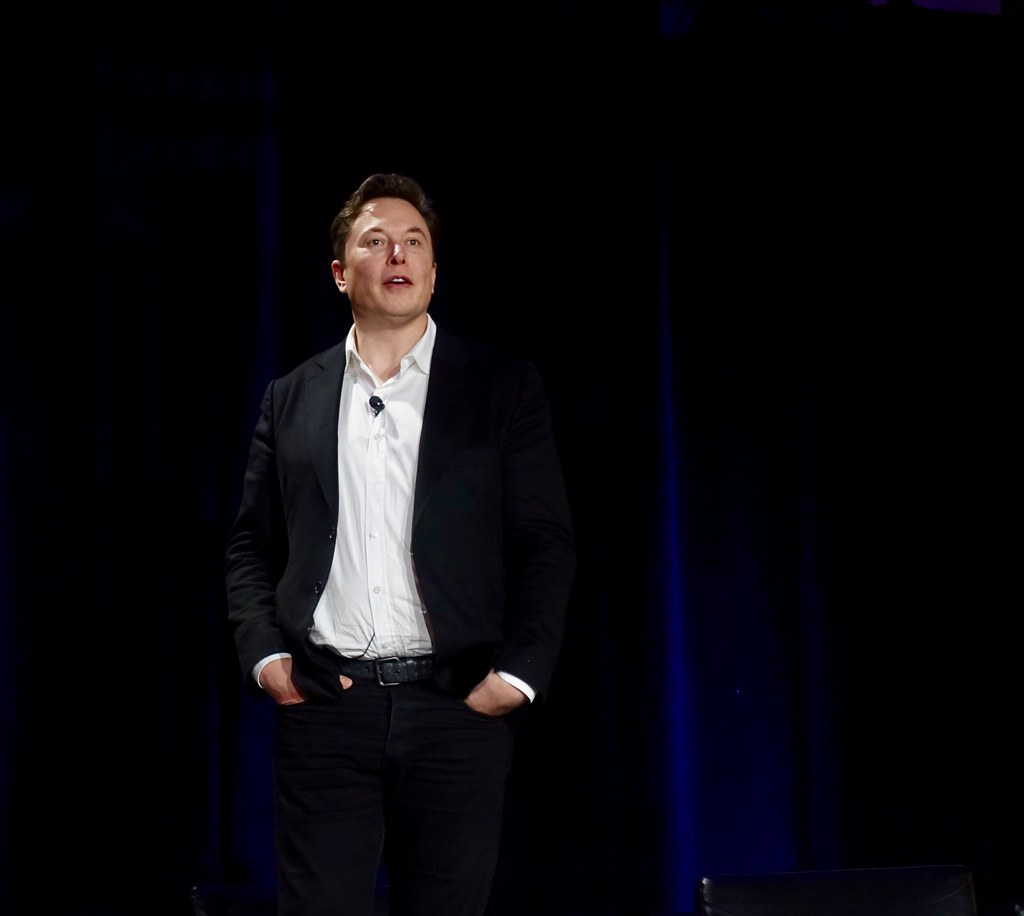
The allure of a quick fix for deeply entrenched urban problems is powerful, especially when offered by a figure as charismatic and influential as Elon Musk. Yet, the story of his numerous ventures reminds us that technological prowess alone does not guarantee success, nor does it absolve a project from the complexities of real-world implementation, regulatory hurdles, or the shifting sands of public opinion. Nashville, and indeed any city considering such a proposal, would do well to consider the full history of the man making the promise, not just the promise itself.

